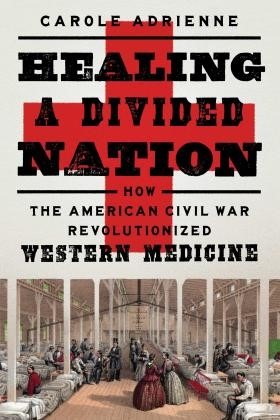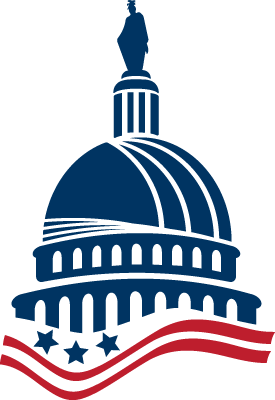At the start of the Civil War, the American medical field was rudimentary, unsanitary, and wildly underprepared to address the bloodiest conflict on U.S. soil. However, in this historical moment of pivotal social and political change, medicine evolved quickly to meet the needs of the time. This period saw significant advancements in medical sciences, including women and African Americans being admitted into the field for the first time.
The Civil War marked a revolution in Western medicine as a whole, laying the foundations for the system we know today. We hosted a webinar with Civil War historian and filmmaker Carole Adrienne where we discussed her new book, “Healing a Divided Nation” and uncovered an overlooked story of American innovation and resilience—one that took place in medical tents away from the battlefield.
Together, we explored this remarkable and bloody transformation of Civil War medicine in its cultural and historical context, including the role Capitol Hill played in its development.
 Carole Adrienne received her B.F.A. from Moore College of Art and Design in Philadelphia. She has organized an archive for Old St. Joseph’s National Shrine, twice chaired “Archives Week” in Philadelphia and has served on advisory panels for the Philadelphia Archdiocesan Historic Research Center, The Mutter Museum’s “Civil War Medicine” exhibit and its “Spit Spreads Death: The 1918 Flu Epidemic” exhibit. She is working on a documentary film series on Civil War medicine and lives in Philadelphia, PA. This is her first book.
Carole Adrienne received her B.F.A. from Moore College of Art and Design in Philadelphia. She has organized an archive for Old St. Joseph’s National Shrine, twice chaired “Archives Week” in Philadelphia and has served on advisory panels for the Philadelphia Archdiocesan Historic Research Center, The Mutter Museum’s “Civil War Medicine” exhibit and its “Spit Spreads Death: The 1918 Flu Epidemic” exhibit. She is working on a documentary film series on Civil War medicine and lives in Philadelphia, PA. This is her first book.

The Civil War marked a revolution in healthcare as a whole, laying the foundations for the system we know today. In Healing a Divided Nation, Carole Adrienne will track this remarkable and bloody transformation in its cultural and historical context, illustrating how the advancements made in these four years reverberated throughout the Western world for years to come.
Beginning with the state of medicine at the outset of the war, when doctors did not even know about sterilizing their tools, Adrienne illuminates the transformation in American healthcare through primary source texts that document the lives and achievements of the individuals who pioneered these changes in medicine and society. The story that ensues is one of American innovation and resilience in the face of unparalleled violence, adding a new dimension to the legacy of the Civil War.







